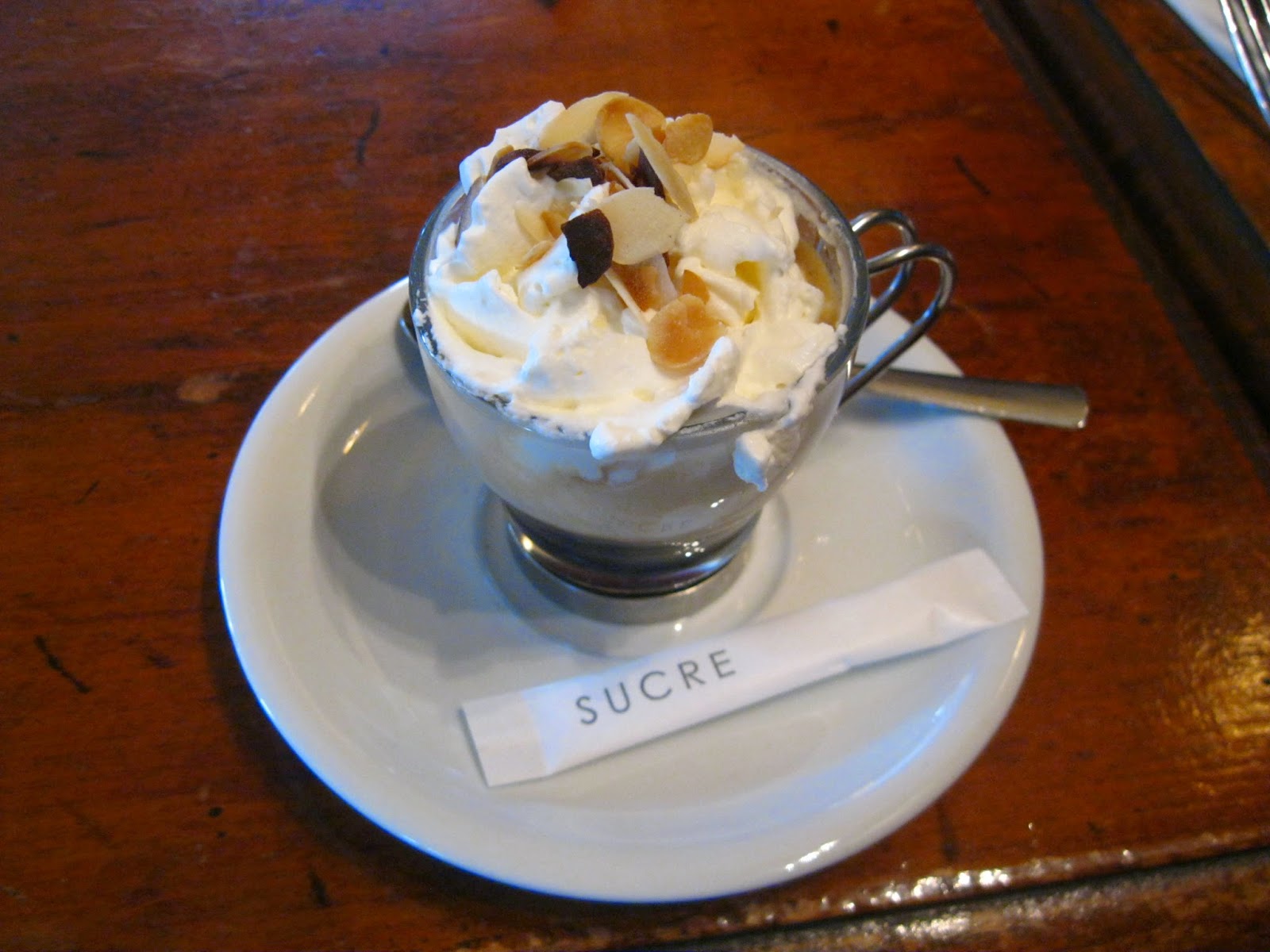Gosh, that was so dumb. So speaketh the much-older-feeling and wiser version of yours-truly. Spend nearly two weeks visiting a different city almost every day? Sounds great on paper. But then you have to actually do it.
I think these two photos from Paris accurately sum up the situation:
#1 - The brave face we put on for FB: "OOH LOOK WE ARE IN PARIS IN THE RAIN AND ITS SO PRETTY AND ROMANTIC #BLESSED!!!!"
#2 - How we actually felt: "OH SWEET SWEET CAMBRIDGE, WITH YOUR MULTIPLE MEALS A DAY AND GENERALLY-NOT-RAINY-WEATHER, TAKE ME BACK!
Several things I've learned:
You never spend as little money as you anticipate.
You can plan as thoroughly as possible, but you cannot control the weather.
For the love of all things sane, don't pack sight-seeing excursions in like sardines. They need to breathe.
That said, we loved Europe. Not everyone gets to do this kind of thing, and we really did try to appreciate the opportunity to see everything. Europe is beautiful. I crossed several things off my bucket list. And when we did eat, the food was amazing. Some favorite memories:
Standing inside the art tunnel otherwise known as the Sistine Chapel with guards periodically bellowing out "NO PHOTO!"
On an unrelated note, the selfie camera on the iPhone is really interesting.
Sitting on top of the Areopagus facing the Acropolis, reading Acts 17. When Paul said "The God who made the world and everything in it, being Lord of heaven and earth, does not live in temples made by man," he was looking straight at the Parthenon.
Seeing the cross inside the Colosseum. That really struck me. Our Christian forefathers' minds would have been blown to see that.
Climbing Mt. Vesuvius. I've been wanting to do that since I was probably 11.
Accidentally finding Beatrice Portinari's tomb in Florence. The church in which it is located is also the site where Dante supposedly first met her. I felt like a pilgrim. At the foot of the tomb are flowers and a basket of letters from girls around the world written to Beatrice. Some describe their own love stories and others talk about Dante's love for her. My heart melted a little bit.
Joyfully Amor seemed to me to hold
my heart in his hand, and held in his arms
my lady wrapped in a cloth sleeping.
Then he woke her, and that burning heart
he fed to her reverently, she fearing,
afterwards he went not to be seen weeping.
(La Vita Nuova, III)
Just had to throw that in.
Geneva. Things got intense when I almost started crying inside Calvin's church. This earns me Die Hard Calvinist status, right?
Also managed to photograph the entirety of the Reformation Wall. Yeah, I was a little over-zealous. Yolo.
I am not usually a coffee drinker, but I had the best "café amaretto" in Paris. Coffee, amaretto syrup, whipped cream, and slivered almonds. I will probably have dreams about this in the future.
Good times, good times. The rainy memories are already fading.





































